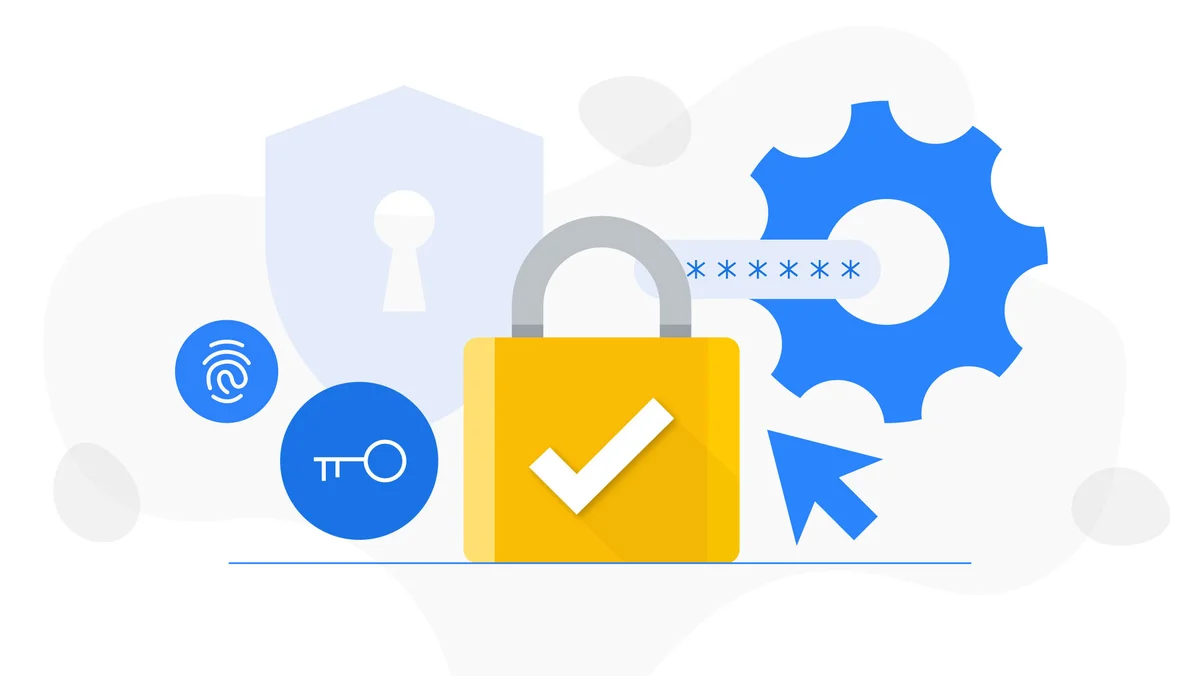Viva Resa: Your Gateway to Insightful Living
Discover news, trends, and tips for a vibrant lifestyle.
Cybersecurity: The Invisible Shield Every Click Needs
Discover how cybersecurity acts as your invisible shield online. Protect every click and stay safe in the digital world!
What is Cybersecurity and Why It Matters for Every Digital Interaction?
Cybersecurity refers to the practices and technologies designed to protect computer systems, networks, and data from digital attacks, theft, and damage. In an increasingly connected world, where we rely on the internet for almost every aspect of our lives, understanding cybersecurity is crucial. These digital interactions encompass everything from online banking and shopping to remote work and socializing. Without adequate protections in place, sensitive information can be compromised, leading to significant financial losses and a breach of personal privacy.
Moreover, cybersecurity matters because it safeguards our digital identities and supports the integrity of essential services. A single data breach can undermine public trust, disrupt business operations, and even impact national security. As cyber threats become more sophisticated, it is vital for every individual and organization to be proactive in adopting robust cybersecurity measures. This includes educating themselves about potential threats, implementing security practices, and utilizing tools designed to protect their digital footprints in an ever-evolving technological landscape.

Top 5 Cybersecurity Practices to Protect Yourself Online
In today's digital age, ensuring your online safety is more important than ever. Adopting strong cybersecurity practices can significantly reduce your risk of falling victim to cyber threats. Here are the top 5 cybersecurity practices to help protect yourself online:
- Use Strong Passwords: Create complex passwords that combine letters, numbers, and symbols. Avoid using easily guessable information like names or birthdays.
- Enable Two-Factor Authentication: This adds an extra layer of security by requiring a second form of verification when logging in, such as a text message or an app notification.
- Update Software Regularly: Keep your operating system, browsers, and applications updated to protect against vulnerabilities.
- Be Cautious with Emails: Phishing attacks are common. Always verify the sender before clicking on links or downloading attachments.
- Use a VPN: A Virtual Private Network encrypts your internet connection, making it harder for hackers to access your data.
How Does Cybersecurity Work: A Simple Explanation for Everyday Users
Cybersecurity is a comprehensive field that encompasses various practices and technologies designed to protect computers, networks, and data from unauthorized access, theft, or damage. At its core, cybersecurity operates on three fundamental principles: confidentiality, integrity, and availability, often referred to as the CIA triad. These principles ensure that information is kept private (confidentiality), remains accurate and unaltered (integrity), and is accessible to authorized users when needed (availability). To achieve these goals, organizations implement a combination of security measures such as firewalls, antivirus software, encryption, and intrusion detection systems.
For everyday users, understanding how cybersecurity works can be simplified by considering a few key practices. Firstly, creating strong, unique passwords for all accounts is essential; these should ideally be at least 12 characters long and include a mix of letters, numbers, and symbols. Secondly, users should regularly update their software and applications to patch any vulnerabilities that cybercriminals might exploit. Thirdly, being cautious with emails and links from unknown sources can prevent phishing attacks, a common tactic used to breach cybersecurity. By following these basic steps, everyday users can significantly enhance their personal security online.